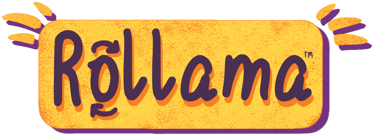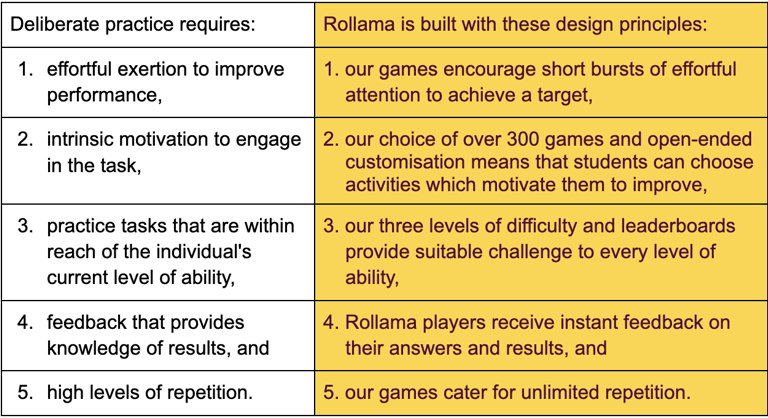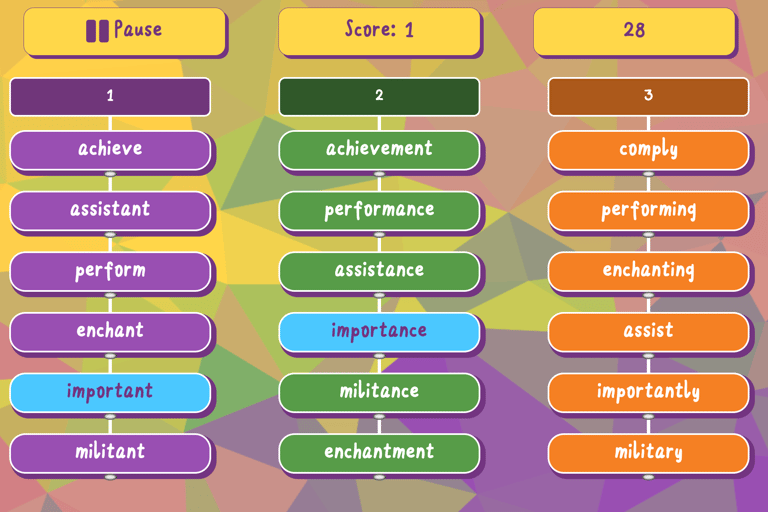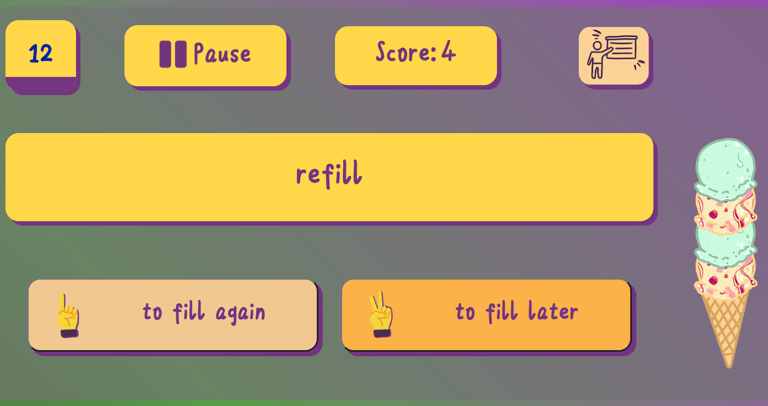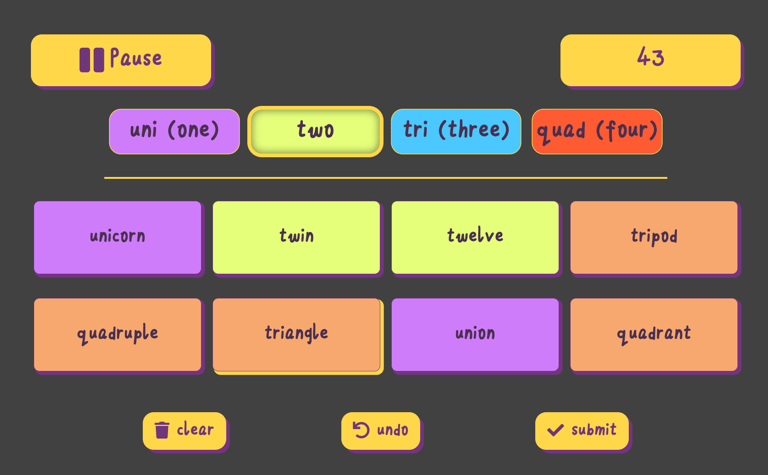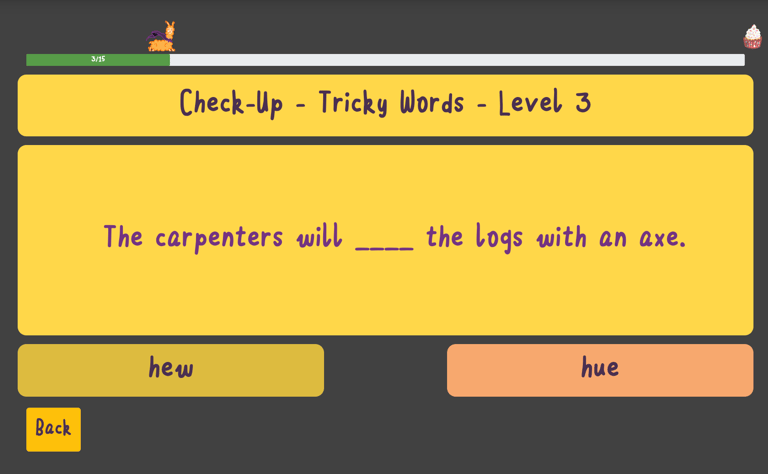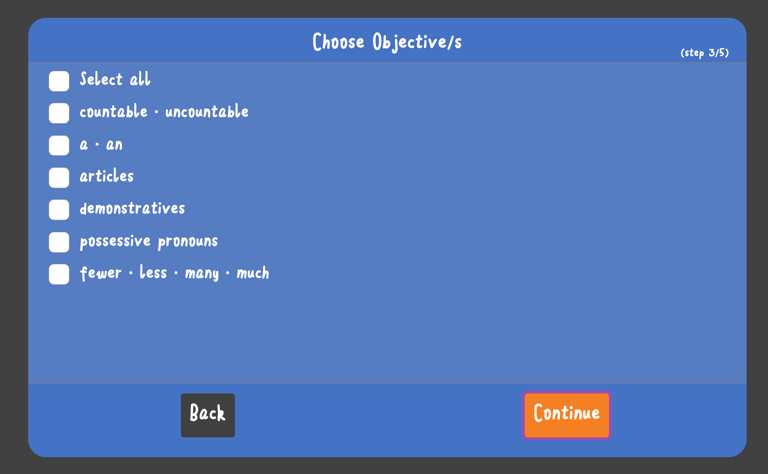The Ofsted Research Review for English was published in July 2022. It summarises the latest evidence for pedagogical approaches to teaching and learning English. The article highlights a number of techniques and findings around writing which validate the design principles of Rollama.
A key objective for teachers, based on the evidence, is to boost fluency in the building blocks of writing. Automaticity – performing actions without conscious thought or effort – frees up working memory for writers to pay more attention to composition – audience, tone, vocabulary, purpose, etc.
“The relatively untrained student writer may be composing with the equivalent of a six digit concurrent load held in working memory, impairing their fluency and effectiveness as a writer. Accordingly, the model suggests that developing writers would benefit from reducing the overload on working memory during composition.” ~ Kellogg, et al., (2013)
“To the extent that developing writers struggle because part of their available knowledge lies inaccessible during composition, interventions focused on working memory should be of considerable benefit.” ~ Kellogg, et al., (2013)
Three techniques are recommended to avoid overload of working memory during composition. The third is most pertinent to how Rollama can help your students.
Gaining domain-specific expertise — to allow the writer to retrieve relevant knowledge from long-term memory at just the right moment. Writing about topics that students know well provides a scaffold to support the writer and avoid overloading the limited resources of working memory. The ability to rely on long- term working memory ought to help writers to manage the composition process.
Attention funnelling — focusing on one process (planning, sentence generating, motor programming, editing) at a time, improving the quality and fluency of writing by reducing the degree to which one must simultaneously juggle multiple processes.
Deliberate practice — reduce the relative effort required to plan ideas and their organisational structure, fluently generate sentences and cohesive links among them, and review the plans and text from the perspective of both the author and the imagined reader. It is through extended practice with editing for a specific kind of error that a relatively automatic procedure emerges.
